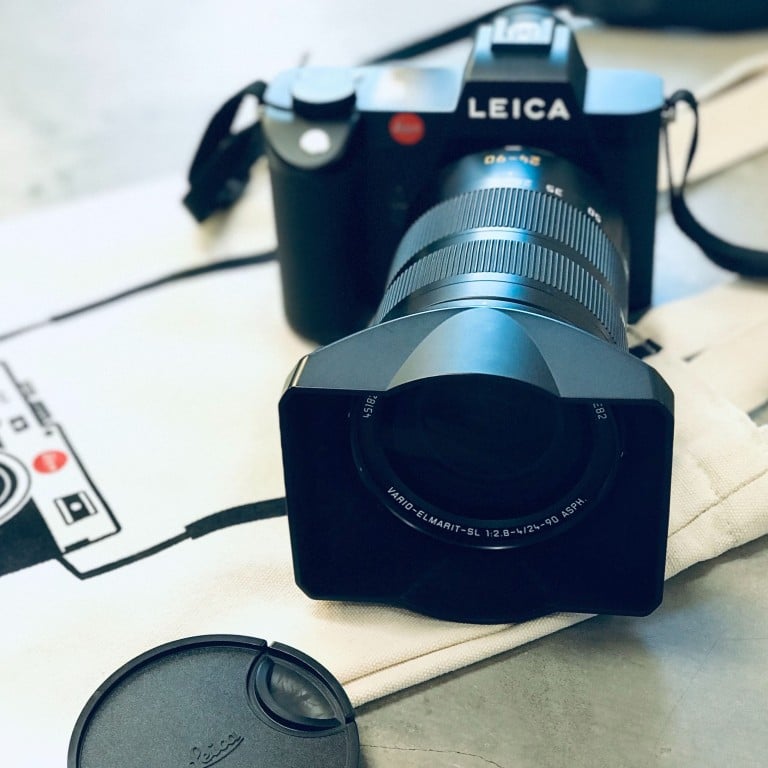We review the Leica SL2 – the next-gen, 47-megapixel, full-frame mirrorless DSLR causing camera buffs to hyperventilate

The iconic brand’s new top-end digital camera threatens to raise the game with an improved viewfinder, new sleek design, built-in stabilisation and the added functionality of an L-mount – but is it really worth US$6,000-plus?
The Leica SL2 is quickly amassing its own cult fandom since launching in November 2019, following the success of its predecessor – the full-frame mirrorless Leica SL, which was introduced in October 2015.
Four years have passed, and some exciting upgrades have been made to the younger sibling. Appearance-wise, the housing is sleeker, with rounded edges for the grip and a three-button rear interface.
The simplicity of the design remains part of its signature look, as with all Leica cameras. However, for petite people with small hands – like me – it’s quite a task to keep the heavy camera around my neck, especially paired with the 24-90mm lens, for an extended period of time. It took a while to get used to the handling of the camera as I have to shift my hand from the grip to reach the buttons with my thumb. It’s not a huge deterrent as I quickly got the hang of manipulating the machine … and a machine it is.

The major differences are on the inside. It has a 47MP (megapixel) full-fame CMOS sensor, which puts it in the same playing field as the Leica Q2 and the Panasonic S1R. Add a five-axis sensor-shift IS system that can produce 187MP raw images, and you have a beast of a performer.

What Bobby thinks
Bobby Lee is an award-winning professional photographer with a penchant for using Leica cameras.
“Leica is a culture,” Lee tells us. “Because they invented small format cameras. This is how they provide the opportunities for photographers to go out and shoot.”
Before Leica came out with portable, smaller-sized cameras in the early part of last century, photographers were hindered by boxes of camera components that they had to assemble on the spot. “When you set up your camera, people already know you are taking pictures,” Lee says. But once Leica came out with the 35mm camera, he adds, photographers finally found freedom.